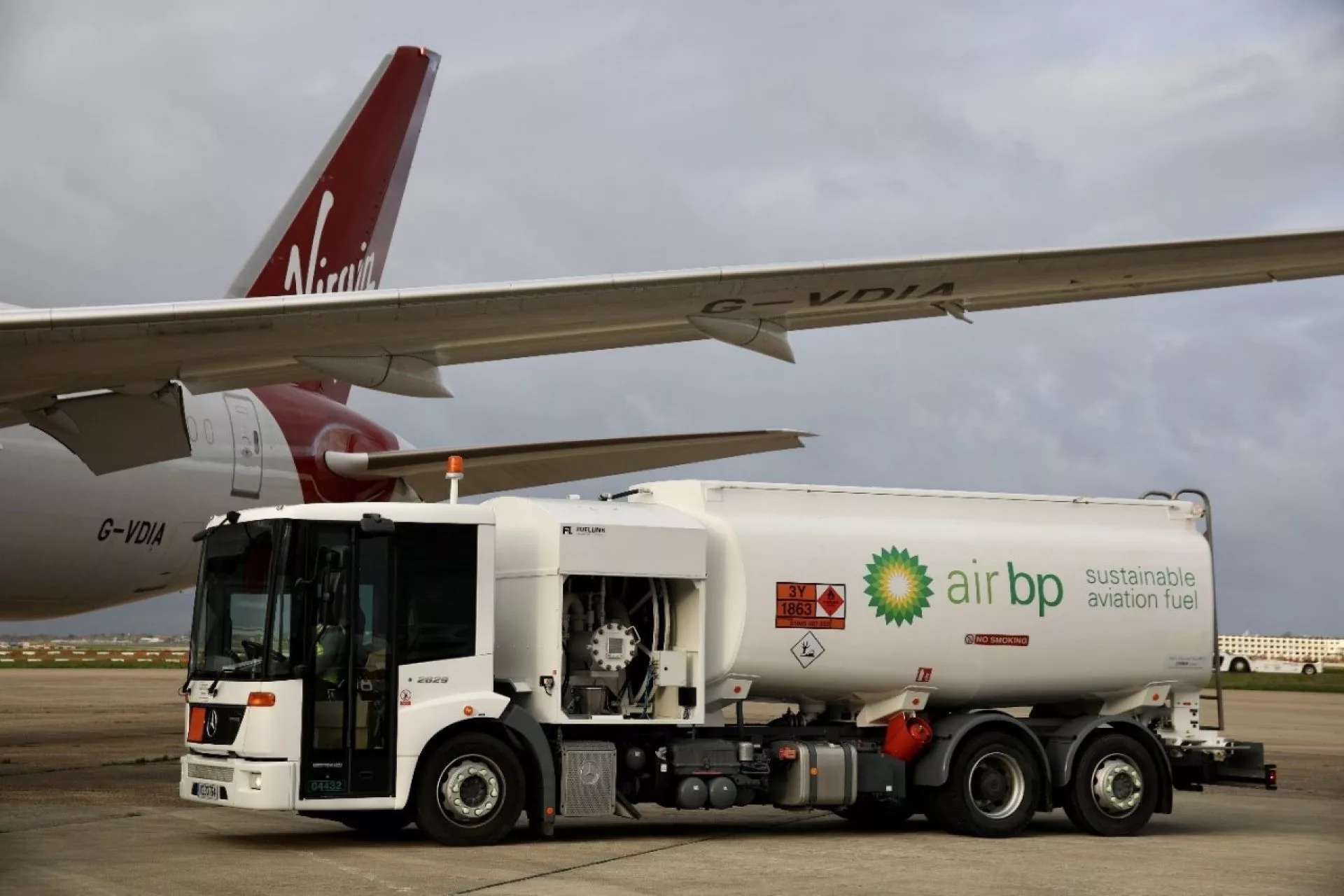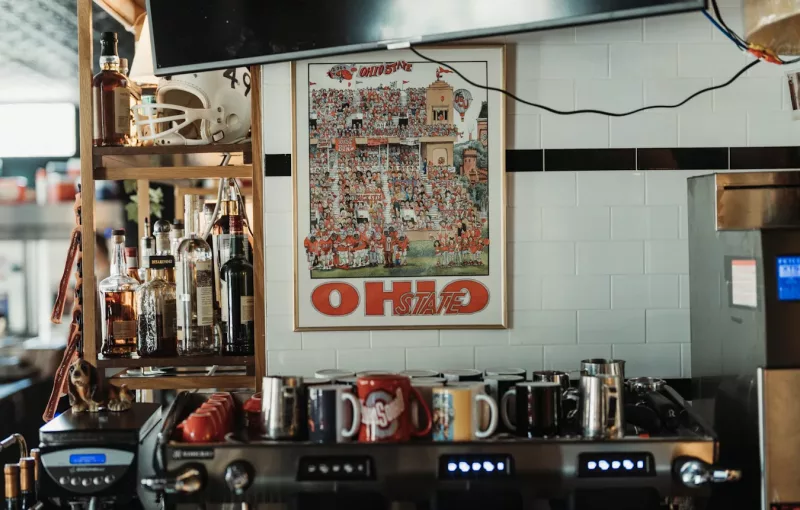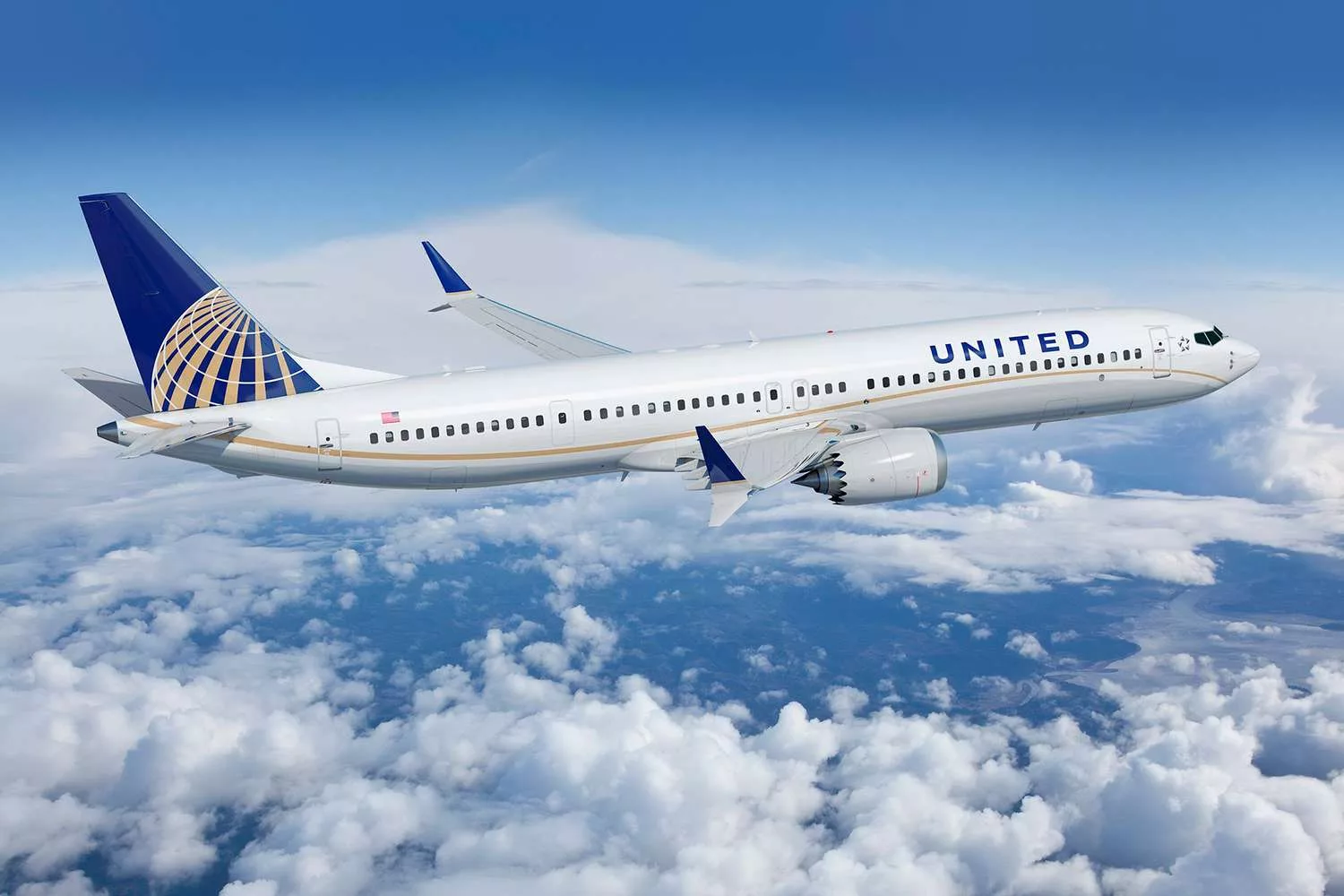In a historic leap towards cleaner skies, John F. Kennedy International Airport (JFK) will greet Virgin Atlantic’s Flight 100, the world’s first transatlantic commercial flight powered entirely by sustainable aviation fuel (SAF). This milestone marks a significant stride in the aviation industry’s journey towards a greener future.
As the plane touches down on Tuesday, November 28, from London’s Heathrow, it will not only carry passengers but also the hopes of a more sustainable aviation sector. The Port Authority, in line with its ambitious net-zero roadmap, heralded this event as a groundbreaking moment in their quest for environmental stewardship.
“This pioneering flight is just the beginning,” said Port Authority Chairman Kevin O’Toole. “It symbolizes our commitment to fostering innovative solutions that reduce the carbon footprint of air travel, ensuring a sustainable future for the coming generations.”
The significance of Flight 100 extends beyond its historic nature. It showcases the feasibility of using 100% SAF, a stark contrast to the current industry standard where aircraft can only operate with a maximum of 50% SAF blended with traditional jet fuel. This successful flight could potentially revolutionize the industry, paving the way for widespread adoption of SAF.
The Port Authority’s net-zero lead, Kate Lawrence-Shetty, emphasized the impact of such initiatives. “Switching to sustainable fuel sources is vital in reducing our greenhouse gas emissions,” she explained. “This flight is a testament to what we can achieve when we set ambitious environmental goals.”
The journey towards this achievement has been a collaborative one. The Port Authority has worked closely with various stakeholders, including airlines and energy companies, to research and implement SAF solutions. In 2021, they partnered with Delta, Neste, Buckeye Partners, and Colonial Pipeline for a successful SAF fueling demonstration at LaGuardia Airport.
SAF, while promising, still faces challenges. Its current low production in the U.S. and the high costs associated with it are significant hurdles. However, Kathryn Lamond, the Port Authority’s Manager of Aviation Environmental Programs, remains optimistic. “As more airlines opt for SAF, we can increase its production, gradually reducing costs and making it a viable alternative for all,” she said.
The Port Authority isn’t stopping at just implementing SAF. They’re actively exploring financing options and collaborating with a diverse range of stakeholders, including government representatives and the financial community, to scale SAF adoption across the Northeast.
“Our mission extends beyond just implementing new technologies,” Christopher Diamond, the Port Authority’s Director of Sustainability, remarked. “We’re here to drive meaningful conversations and support research that leads to tangible environmental benefits.”
As JFK Airport celebrates this significant milestone with Virgin Atlantic, it sets a precedent for other airports and airlines worldwide. The skies are indeed getting clearer, with sustainable aviation fuel leading the way to a greener future in air travel.





